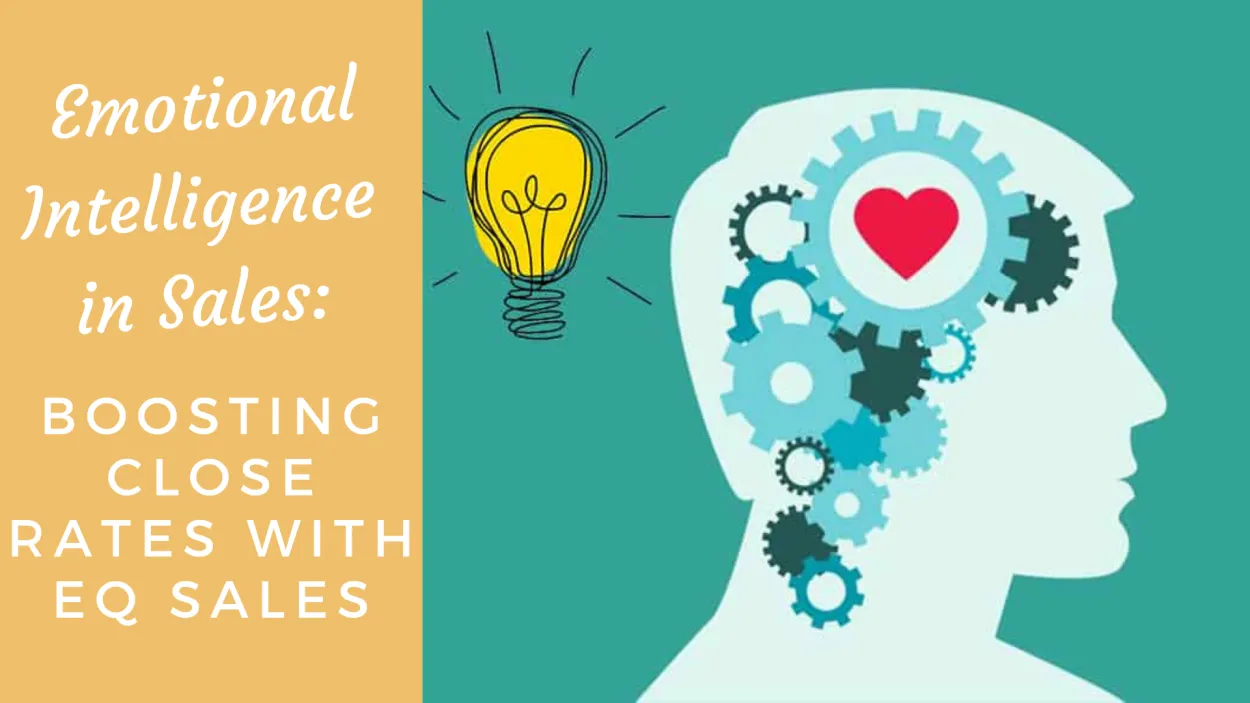In the world of sales, emotional intelligence plays a crucial role in establishing meaningful connections with potential customers. This article explores how emotional intelligence enhances sales effectiveness and helps sales professionals navigate the complex dynamics of building relationships and closing deals.
The Importance of Understanding Customer Emotions
Emotional intelligence plays a crucial role in the field of sales, where connecting with customers on an emotional level is key to success. Understanding customer emotions allows sales professionals to build stronger relationships, tailor their approaches, and effectively meet the needs of their clients.
When salespeople have a deep understanding of customer emotions, they can empathize with their concerns, desires, and pain points. This empathy enables them to address customer needs more effectively and create personalized solutions. By demonstrating empathy, sales professionals can establish trust and credibility, making customers more likely to choose their products or services.
Furthermore, understanding customer emotions helps salespeople tailor their communication strategies to establish better connections. Every customer is unique, and their emotional triggers vary. By recognizing these triggers, sales professionals can adjust their language, tone, and behavior to resonate with customers on a deeper level. This level of personalization enhances the overall customer experience and increases the chances of closing the sale.
By understanding customer emotions, sales professionals can also anticipate objections or challenges that may arise during the sales process. By identifying potential pain points, salespeople can proactively address concerns and offer appropriate solutions. This proactive approach shows customers that their emotions and concerns are valued, ultimately improving customer satisfaction.
In conclusion, emotional intelligence is a vital component of successful sales strategies. Understanding customer emotions allows sales professionals to empathize, personalize their approaches, anticipate challenges, and ultimately build strong, long-term customer relationships.
Building Trust and Rapport in Sales Interactions
When it comes to sales, emotional intelligence plays a crucial role in establishing trust and building rapport with potential customers. Emotional intelligence refers to the ability to understand and manage one’s own emotions, as well as being aware of and empathetic towards the emotions of others.
In sales interactions, it is important for sales professionals to effectively communicate and connect with customers on an emotional level. This involves active listening, showing genuine interest, and adapting their communication style to match the customer’s needs and preferences.
Building trust is a key component of successful sales interactions. By demonstrating empathy and understanding, sales professionals can establish a connection with customers and create a safe and comfortable environment for them to express their needs and concerns. Trust can be developed by being authentic, keeping promises, and delivering on commitments.
Rapport, on the other hand, refers to the harmonious and positive relationship between the sales professional and the customer. Building rapport involves finding common ground, seeking shared interests, and demonstrating genuine care and concern. This helps to create a strong foundation for ongoing communication and future business opportunities.
In conclusion, emotional intelligence plays a vital role in sales interactions by fostering trust and rapport. Sales professionals who possess strong emotional intelligence skills are more likely to succeed in establishing meaningful connections with customers, leading to increased sales and customer satisfaction.
Conclusion
In conclusion, emotional intelligence plays a crucial role in sales success. Sales professionals with high emotional intelligence are able to understand and manage their own emotions, as well as effectively connect with and influence the emotions of clients. By leveraging emotional intelligence skills such as empathy, self-awareness, and social skills, salespeople can build stronger relationships, gain trust, and ultimately drive more profitable outcomes in their sales efforts.




